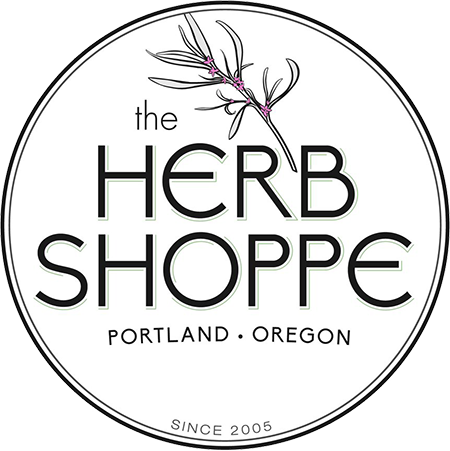As local flora and fauna awaken from a long, dormant winter and buds appear on the trees, do your allergies also regularly reemerge? Seasonal allergies can be far from just a little aggravating. They limit your outdoor activities, making you feel sluggish and affecting your productivity during the day, as well as your ability to sleep at night without coughing or sniffling. Take heart though – a few simple lifestyle changes could make a substantial difference in your comfort level as well as reducing how often you turn to over-the-counter medications.
Symptoms of Seasonal Allergies
Seasonal allergies, also known as hay fever, occur most often in the spring, summer, and early fall. They typically trigger the following symptoms:
- Sneezing, often with congested sinuses
- Coughing and postnasal drip
- Itching eyes, nose, and throat
- Red and watery eyes
- Dark circles under the eyes
6 Ways to Reduce Allergies:
Here are a few affordable tricks that won’t take too much time or effort but will certainly reduce your exposure to pollen and other seasonally related allergenic substances:
- Wear a respirator: When the weather's going to be warm, avoid mowing the lawn and stay away from decaying or moldy leaves. If you must deal with yard work, do so in the evening when pollen counts are typically lower, wear an allergy respirator, or a micro dust mask which blocks irritants from contacting your nose, mouth, and lungs.
- Clean off outdoor pollen residues: After being outside, remove your clothes and shower as soon as you get home so that you can thoroughly remove pollen from your hair and skin. Pollen will settle on your clothes while you do yard work or play frisbee in the park. So if you don’t change your clothes immediately upon returning home, not only will you track pollen into the house, but you’ll be breathing it in for the rest of the day.
- Eat more probiotics: Yogurt can reduce your sneezing and itchy eyes? It may seem strange, but studies show that foods rich in these healthy bacteria can actually reduce allergy symptoms, as well as symptoms of asthma. Some probiotic strains, like Bifidobacterium longum, seem to regulate T-cells in the body, which can help to produce a stronger immune response while other strains, like Lactobacillus casei, appear to alter the balance of antibodies, which can be especially beneficial for people whose symptoms are triggered by pollen.
- Use a saline nasal wash: Originally an Ayurvedic cleansing tool, the little white teapot with a long spout has become a fixture in many modern homes as it is highly effective at flushing out clogged nasal passages and helping you breathe easier. Commonly called neti pots — you fill them with a saline, or saltwater solution to flush out congested sinuses from pollutants. Always use distilled or boiled water in the solution as regular tap water may contain low levels of organisms — such as bacteria and protozoa — that are usually safe to swallow because stomach acid kills them, but in your nose, these organisms can stay alive in nasal passages and cause potentially serious infections.
- Eat local honey: Despite that fact there seems to be a lot of controversy around whether or not this method is a myth, studies do show that high doses of ingested honey improves the overall and individual symptoms of allergic rhinitis, and could serve as a complementary therapy. So dig in with gusto and begin adding local honey to your tea or toast for less allergy symptoms over the long haul!
- Use Breathe Easy Essential Oil Blend: A proprietary blend of Eucalyptus, Rosemary, Peppermint, Tea Tree, and Lavender essential oils, this combination is super effective at relieving congestion and opening up sinuses. Eucalyptus oil contains citronella, which has analgesic and anti-inflammatory properties. Rosemary oil is known to increase blood circulation and has antispasmodic and antihistamine constituents. Peppermint oil is an excellent decongestant, acting as an antispasmodic and muscle relaxant to help reduce coughing and sneezing. Tea tree oil, a powerful antimicrobial, can destroy airborne pathogens and acts as an antiseptic. Lavender has calming anti-inflammatory properties, which can help relieve allergy symptoms such as inflamed nostrils and sinuses. As you can see, Breathe Easy Essential Oil blend is the perfect blend to open up the lungs and sinuses, improving circulation and reducing allergy symptoms.
You may not be able to control the fact that warming spring temperatures, budding plants, pollen and allergies often go hand in hand, but small tweaks in your daily routine can add up to make a big difference in your quality of life and how comfortable you are – even during the height of pollen season.


